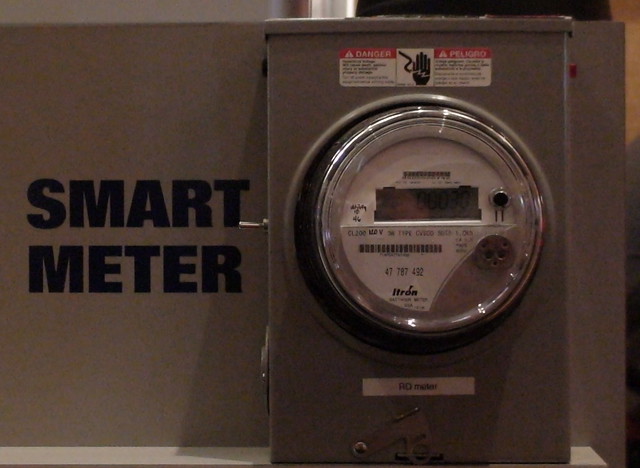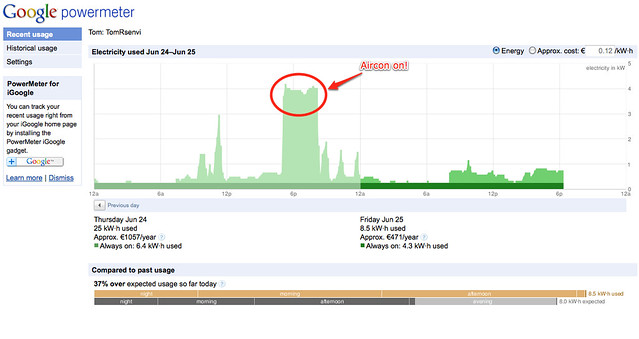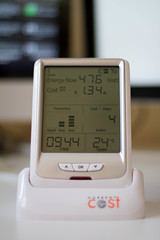
The UK has an interesting Smart Meter infrastructure model. Data from all the country’s Smart Meters will flow to a centralised data repository (called the DCC), from where, energy retailers will pull the data for billing purposes. The beauty of this system is that consumers dictate who has access to their data, and so switching energy providers, is not held up by data ownership issues.
The build-out of this system is still at very early stages with RFP’s expected towards the end of the year but SAP and Logica have come out of the blocks early with an announcement that they are going to put in a joint bid to become the data service provider for the DCC.
Logica and SAP are both heavily involved in the utilities sector in the UK, so it makes sense for them to bid for this – the interesting aspect is that they agreed to bid together and that their joint bid is exclusive.
The six main suppliers in the UK are all either involved in trials, or in the process of starting to trial smart meters. All six are using Logica’s head-end system for their trials, so if Logica and SAP win the bid, the transition to the DCC system should be relatively painless.
Talking to Tara McGeehan, Logica’s Head of Utilities UK on Monday, she said that the idea behind the bid was to move the debate away from technology and comms, onto the power of the data to affect things like micro-generation, energy efficiency and smart grids.
Having seen Centrica’s Smart Meter Analytics application, which runs on SAP’s HANA, earlier this year, the proposition that there is gold in them thar data, certainly rings true.
Photo credit Tom Raftery


